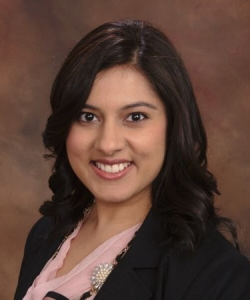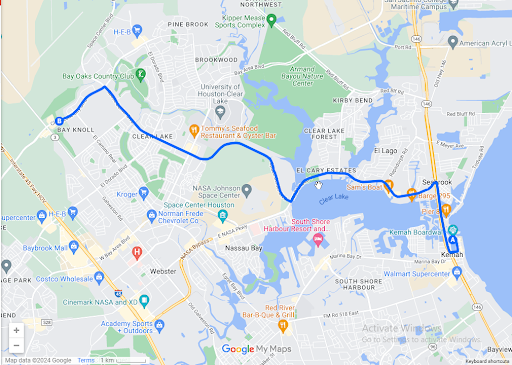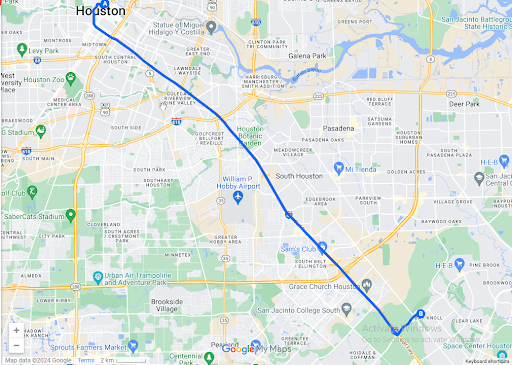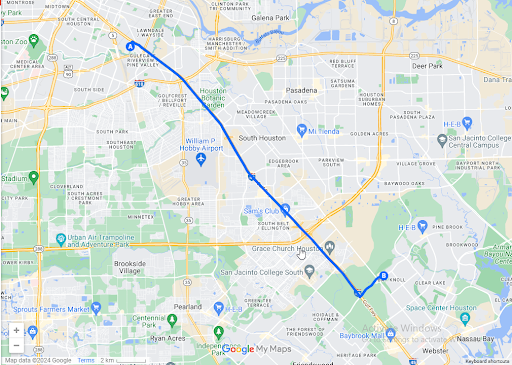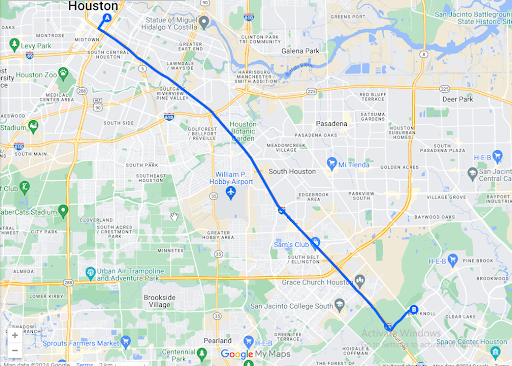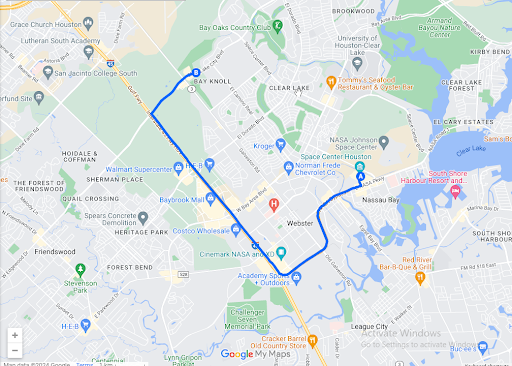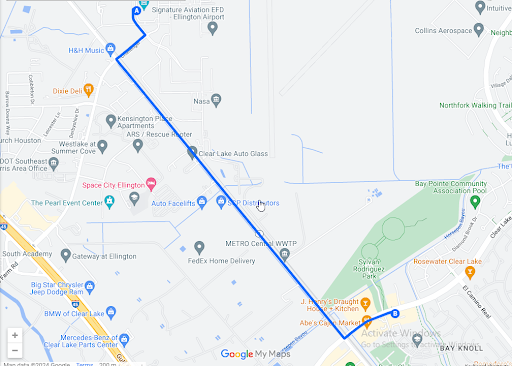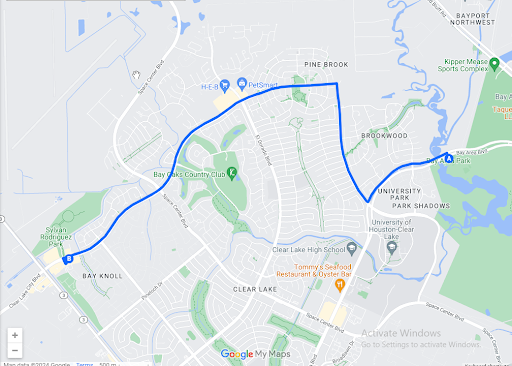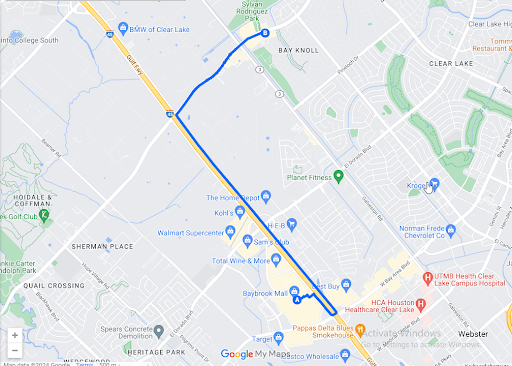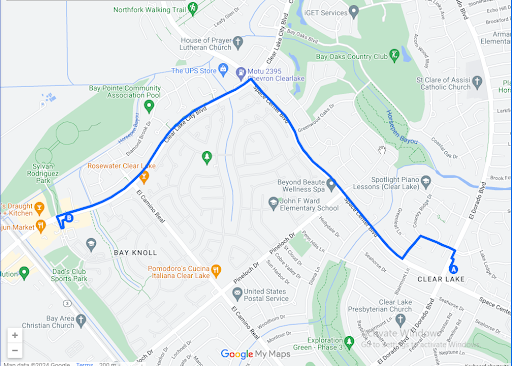Best Special Needs Dentistry For Kids In Clear Lake City, Houston

Welcome to Bay Oaks Pediatric Dentistry in Clear Lake City, Houston! Our compassionate team of pediatric dentists and staff is dedicated to providing exceptional dental care tailored to the unique needs of children with special needs. We understand that visiting the dentist can be challenging, and we are committed to creating a comfortable and supportive environment for your child. Our specialized approach ensures that every visit is a positive experience, promoting both oral health and overall well-being.
Board Certified Pediatric Dentist In Clear Lake City
How To Reach Bay Oaks Pediatric Dentistry
The Nearest Public Transport Station To Bay Oaks Pediatric Dentistry
Bay Area Park & Ride: 3.5 miles away from Bay Oaks Pediatric Dentistry
El Dorado Park & Ride: 3.2 miles away from Bay Oaks Pediatric Dentistry
San Jacinto College South: 4.6 miles away from Bay Oaks Pediatric Dentistry
Why Choose Bay Oaks Pediatric Dentistry In Clear Lake City, Houston?
- We have a highly qualified board-certified pediatric dentist.
- We have a child-friendly environment.
- We accept most of the insurance plans.
- We provide effective treatments.
What Is Special Needs Dentistry?
Special needs dentistry is a specialized field dedicated to providing dental care for individuals with disabilities or special needs. This includes people with physical, mental, or developmental conditions that can make regular dental care more challenging. Special needs dentists receive advanced training to understand the unique requirements of these patients, creating a welcoming and supportive environment. They use tailored techniques and equipment to ensure dental visits are comfortable and safe, promoting good oral health for everyone, regardless of their abilities.
Benefits of Choosing Special Needs Dentistry
Opting for special needs dentistry offers several benefits, including:
Personalized Care: Customized dental care plans that address individual needs and challenges.
Trained Professionals: Dentists and staff are skilled in working with patients who have special needs, offering patience and empathy.
Comfort and Safety: Adapted dental practices to ensure patients feel comfortable and secure during visits.
Communication Support: Effective communication methods tailored to patients with diverse abilities.
Comprehensive Treatment: Holistic attention to health and special needs, often involving collaboration with other healthcare providers.
Reduced Anxiety: Expertise in managing anxiety and sensory sensitivities, making dental visits more manageable.
Long-term Oral Health: Preventive care and education to maintain oral health, leading to better long-term outcomes.
Special Needs Dentistry Process
Initial Assessment: A comprehensive evaluation of the patient’s medical and dental history, and current oral health status. This may involve input from caregivers or other healthcare providers to fully understand the patient’s specific needs and challenges.
Treatment Planning: Developing a personalized treatment plan based on the assessment to address the patient’s dental needs, considering their unique circumstances. This may include modifications to standard dental procedures to accommodate any limitations.
Communication and Preparation: Effective communication with the patient and their caregivers is crucial. Dentists may use visual aids, simplified language, or sign language to ensure the patient understands the procedures and feels at ease.
Behavior Management: Special needs patients may experience anxiety or have difficulty cooperating during dental visits. Dentists are trained in various techniques for behavior management, such as desensitization, positive reinforcement, and, if necessary, sedation or anesthesia.
Specialized Equipment and Facilities: Specialized equipment and facilities are often required to accommodate patients with mobility issues or other challenges, such as wheelchair-accessible treatment rooms, adjustable dental chairs, and sensory-friendly environments.
Continued Care and Follow-up: Regular dental check-ups and follow-up appointments are essential for maintaining oral health in individuals with special needs. Dentists work closely with patients and their caregivers to develop long-term oral hygiene routines and preventive care plans.
Education and Support: Providing ongoing education and support to patients and their caregivers is a vital part of special needs dentistry. This includes teaching oral hygiene techniques, offering guidance on diet and nutrition, and addressing any concerns related to dental care.
What Kinds of Treatments Does a Special Needs Dentist Provide?
Preventive Care: Routine check-ups, cleanings, and fluoride treatments, with special considerations for each patient’s comfort and safety.
Restorative Procedures: Fillings, dental crowns, and other restorative treatments, often with adaptations to ensure patient comfort.
Sedation and Anesthesia Options: Various levels of sedation or anesthesia to help patients who may struggle with traditional dental treatments.
Behavior Management Techniques: Strategies to help patients feel more at ease, such as desensitization, communication aids, and other calming methods.
Customized Treatment Plans: Personalized plans that address specific dental needs and accommodate disabilities.
Emergency Dental Care: Prompt and sensitive treatment for dental emergencies. Special needs dentists aim to create a safe and comfortable environment for their patients, prioritizing their well-being and making dental care accessible and inclusive.
Frequently Asked Questions About Special Needs Dentistry
If your loved one has a physical, developmental, or cognitive disability requiring specialized care or accommodations during dental visits, they may benefit from special needs dentistry. This includes challenges with communication, sensory sensitivities, or mobility issues.

